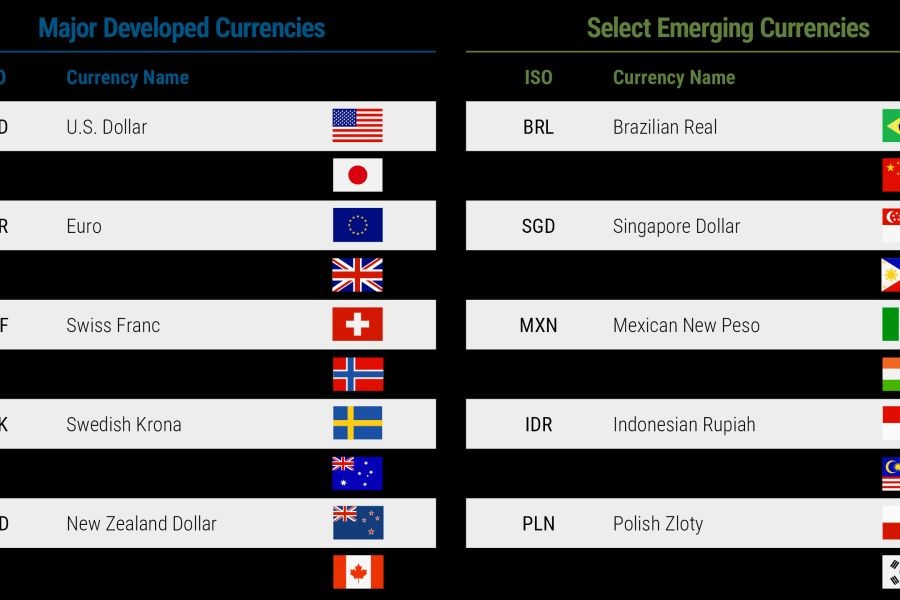When commercial real estate brokers in New Zealand consider financing options for their clients, the choice between a traditional bank loan and a non-bank lender can significantly affect the outcome. With New Zealand's commercial property market experiencing a dynamic shift influenced by economic policies and global trends, understanding the nuances of these mortgage options is crucial. Let's explore these financing avenues, backed by data and insights specific to New Zealand.
🔍 How It Works: A Deep Dive into Mortgage Options
Traditional Bank Loans
Traditional bank loans are the go-to option for many due to their perceived stability and long-standing reputation. In New Zealand, banks like ANZ, Westpac, and ASB offer structured loan products with competitive interest rates. However, these loans often come with stringent approval processes. According to the Reserve Bank of New Zealand, the average approval rate for business loans in 2023 was 65%, reflecting banks' cautious lending practices amidst economic uncertainties.
Non-Bank Lenders
Non-bank lenders have gained traction as flexible and often faster alternatives to traditional banks. They typically offer more lenient approval criteria, making them attractive to borrowers with unique financial situations. Companies like Avanti Finance and Liberty Financial in New Zealand provide tailored solutions with higher approval rates, albeit at slightly higher interest costs. Stats NZ reports a 15% increase in businesses opting for non-bank lending solutions in 2023, indicating a growing shift towards these alternatives.
⚖️ Pros & Cons Evaluation
Pros of Traditional Bank Loans
- Lower Interest Rates: Traditional banks often offer competitive rates, especially for borrowers with strong credit histories.
- Reputation and Security: Long-established banks provide a sense of security and trustworthiness.
- Comprehensive Services: Banks offer a range of financial services, providing a one-stop solution for businesses.
Cons of Traditional Bank Loans
- Stringent Approval Process: High credit score requirements and extensive documentation can delay approval.
- Lack of Flexibility: Standardized loan products may not cater to unique business needs.
Pros of Non-Bank Lenders
- Flexibility: Tailored solutions and faster approval processes cater to diverse financial profiles.
- Higher Approval Rates: More lenient credit checks increase accessibility for small businesses.
Cons of Non-Bank Lenders
- Higher Interest Rates: The flexibility comes at a cost, with rates often exceeding those of banks.
- Limited Services: Non-bank lenders may not offer the comprehensive range of financial services provided by banks.
📖 Real-World Case Studies
Case Study: Kiwi Property Developer – Choosing Non-Bank Financing
Problem: A medium-sized property development firm in Auckland faced challenges securing a bank loan due to fluctuating revenue streams.
Action: They turned to a non-bank lender, leveraging their flexible credit criteria and faster processing times.
Result: Within six months, the developer secured financing with a 5% higher interest rate but managed to complete the project on time, resulting in a 30% increase in project ROI.
Takeaway: This case illustrates how non-bank loans can be instrumental for businesses needing quick, flexible solutions despite higher costs.
🔮 Future Trends & Predictions
According to a report by KPMG, by 2025, non-bank lending is projected to account for 25% of the mortgage market in New Zealand, driven by increasing demand for flexibility and speed. This trend suggests that commercial brokers will need to expand their understanding of non-bank products to better serve their clients.
🔹 Common Myths & Mistakes
Myth vs. Reality
- Myth: "Non-bank lenders are not regulated and unsafe." Reality: Non-bank lenders in New Zealand operate under strict regulations by the Financial Markets Authority, ensuring borrower protection.
- Myth: "Traditional banks always offer better rates." Reality: While banks often advertise low rates, non-bank lenders can provide competitive offerings under specific circumstances.
🔍 Common Mistakes & Pitfalls to Avoid
- Overlooking Total Loan Costs: Many borrowers focus solely on interest rates without considering fees and charges. Solution: Evaluate the annual percentage rate (APR) for a comprehensive cost analysis.
- Ignoring Flexibility Needs: Choosing a less flexible product can hinder long-term business agility. Solution: Align loan terms with business growth strategies.
🔹 Conclusion
Choosing between a bank loan and a non-bank lender is a strategic decision that can significantly impact a commercial real estate investment. Brokers in New Zealand need to consider both options' pros and cons, tailored to their clients' unique needs. As non-bank lending grows, staying informed about these trends will be crucial for delivering optimal financial solutions.
What’s your take on the mortgage landscape? Share your insights below!
🔍 People Also Ask (FAQ)
How do non-bank lenders impact New Zealand's mortgage market?Non-bank lenders provide flexible and accessible financing options, contributing to a more competitive mortgage market in New Zealand.
What are the risks of choosing non-bank lenders over traditional banks?While non-bank lenders offer flexibility, they often have higher interest rates and may offer fewer financial services compared to traditional banks.
🔍 Related Search Queries
- Non-bank lenders in New Zealand
- Commercial property loans NZ
- Bank loan vs. non-bank loan advantages
- New Zealand mortgage trends 2025
- Commercial real estate financing options

































Tcil
9 months ago